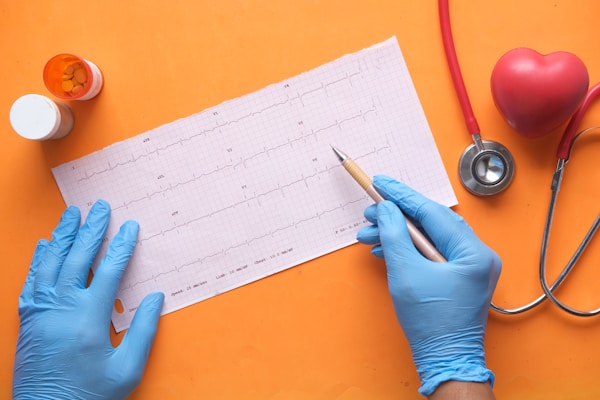Heart conditions are specific medical conditions that affect different parts of the heart. They can range from mild to life-threatening, depending on the condition and whether or not it is diagnosed early. Most people don’t know much about their heart health, but it should be a priority, especially when you consider that heart disease is the number one killer of people of any gender in the United States. However, it can be overwhelming to know what to do. The good news is that there are plenty of resources available that can provide you with additional details. If you want to learn more, read on to find out about some common heart conditions and how they’re treated.
What are some common heart conditions and how are they treated?

First, you should be aware of the fact that if you suspect you have a heart condition, you need to see a cardiologist as soon as possible, like this experienced and reputable doctor who specializes in Los Angeles cardiology. A cardiologist is a doctor who specializes in diagnosing and treating heart problems. Cardiologists can diagnose and treat heart conditions using a variety of treatments, including medication, surgery, and lifestyle changes. If you have a heart condition, seeing a cardiologist is the best way to get the treatment you need.
Conditions that cause irregular heartbeats, like atrial fibrillation, are incredibly common. Atrial fibrillation is a heart condition that causes an irregular and often abnormally fast heart rate. The condition can lead to blood clots, stroke, and other heart-related complications. Treatment typically includes medications and lifestyle changes. Mitral valve prolapse is another common heart condition, which occurs when the mitral valve doesn’t close properly. Most people with MVP don’t require treatment, but some require medication or surgery.
Angina is chest pain or discomfort that occurs when there’s not enough blood flowing to the heart. The main symptom of angina is a feeling of pressure, tightness, or pain in your chest. Angina usually goes away within 10 minutes after taking medication prescribed by your doctor. If you have severe angina, you may need surgery to improve blood flow to your heart muscle.
How can you protect your heart health?

A heart-healthy diet is essential if you want to protect your heart health. You can start by eating plenty of fruits and vegetables, which are loaded with antioxidants, which can help protect your heart from damage. They’re also a good source of fiber, which can keep your heart healthy by reducing bad cholesterol and inflammation. Keep in mind that processed foods are often high in unhealthy fats, sodium, and sugar, all of which can increase your risk of heart disease. Stick to whole, unprocessed foods as much as possible.
Lack of sleep can have a negative impact on your heart health. Studies have shown that a lack of sleep can lead to an increased risk of heart disease and stroke. This is because when you’re tired, your body releases more stress hormones, which can lead to inflammation and a higher risk of heart disease. Additionally, when you’re tired, you may be more likely to indulge in unhealthy foods, which can also increase your risk of heart disease. If you find it difficult to get the recommended amount of sleep, try to make some small changes to your daily routine or talk to your doctor.
There are many different types of heart conditions, and each one is treated differently. Some heart conditions can be treated with medication, while others require surgery. There are some conditions that may resolve on their own with a few lifestyle changes. The only way to know what type of heart condition you have or receive a diagnosis is to see a qualified and experienced cardiologist. You can protect yourself from developing a heart condition by making healthy lifestyle choices, like getting enough sleep and maintaining a healthy diet. Follow the tips in this article so you can take the best possible care of your heart.





